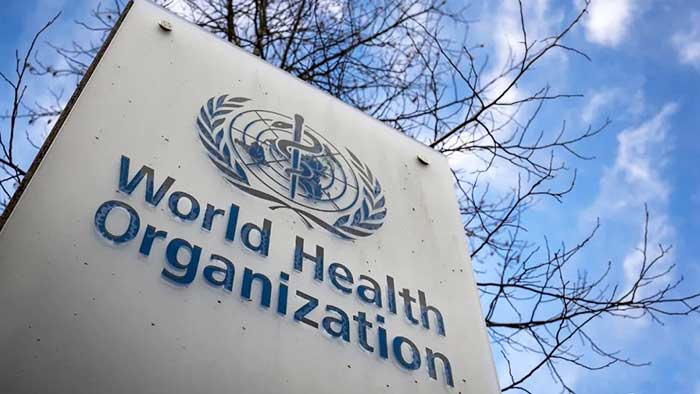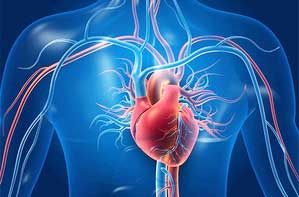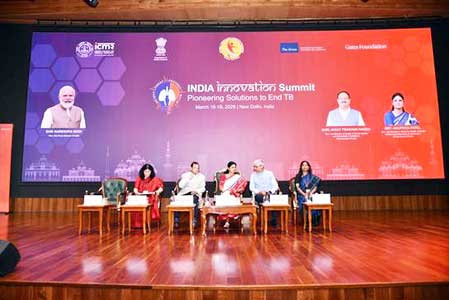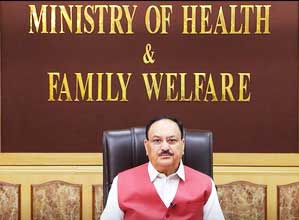The World Health Organisation (WHO) on Friday formally labelled artificial sweetener aspartame as a "possible carcinogen" specifically used in diet drinks, chewing gum, gelatin, ice cream and dairy products.
The assessment of the health impacts of the non-sugar sweetener aspartame were released by the International Agency for Research on Cancer (IARC) and the World Health Organisation (WHO) and the Food and Agriculture Organization (FAO) Joint Expert Committee on Food Additives (JECFA).
Citing "limited evidence" for carcinogenicity in humans, IARC classified aspartame as possibly carcinogenic to humans and JECFA reaffirmed the acceptable daily intake of 40 mg per kg body weight.
"Cancer is one of the leading causes of death globally. Every year, 1 in 6 people die from cancer. Science is continuously expanding to assess the possible initiating or facilitating factors of cancer, in the hope of reducing these numbers and the human toll," said Dr Francesco Branca, Director of the Department of Nutrition and Food Safety, WHO.
"The assessments of aspartame have indicated that, while safety is not a major concern at the doses which are commonly used, potential effects have been described that need to be investigated by more and better studies," Branca added.
Aspartame is an artificial (chemical) sweetener widely used in various food and beverage products since the 1980s, including diet drinks, chewing gum, gelatin, ice cream, dairy products such as yogurt, breakfast cereal, toothpaste and medications such as cough drops and chewable vitamins.
The two bodies conducted independent but complementary reviews to assess the potential carcinogenic hazard and other health risks associated with aspartame consumption.
IARC classified aspartame as possibly carcinogenic to humans on the basis of limited evidence for cancer in humans (specifically, for hepatocellular carcinoma, which is a type of liver cancer).
There was also limited evidence for cancer in experimental animals and limited evidence related to the possible mechanisms for causing cancer, the WHO said in a statement.
JECFA concluded that the data evaluated indicated no sufficient reason to change the previously established acceptable daily intake (ADI) of 0–40 mg per kg body weight for aspartame.
The committee, therefore, reaffirmed that it is safe for a person to consume within this limit per day.
"For example, with a can of diet soft drink containing 200 or 300 mg of aspartame, an adult weighing 70kg would need to consume more than 9–14 cans per day to exceed the acceptable daily intake, assuming no other intake from other food sources," according to the WHO.
"The findings of limited evidence of carcinogenicity in humans and animals, and of limited mechanistic evidence on how carcinogenicity may occur, underscore the need for more research to refine our understanding on whether consumption of aspartame poses a carcinogenic hazard," said Dr Mary Schubauer-Berigan of the IARC Monographs programme.
IARC and WHO will continue to monitor new evidence and encourage independent research groups to develop further studies on the potential association between aspartame exposure and consumer health effects.






DoNER Ministry facilitate in unlocking Manipur’s growth: Scindia
Union Development of North Eastern Region (DoNER) Minister Jyotiraditya Scindia on Thursday said that he is confident that his ministry would serve as a proactive facilitator in unlocking new opportunities and accelerating Manipur’s growth and development.
National Herald case: Congress protests outside ED offices in northeastern states
Congress leaders claimed that through false allegations, the Enforcement Directorate (ED) under the direction of the Central government filed a chargesheet against the party's Parliamentary Party Chairperson Sonia Gandhi and Leader of Opposition (LoP) Rahul Gandhi, among others.
Seven cops injured during anti-Waqf Act rally in Tripura
At least seven policemen sustained injuries on Saturday during a clash between the security personnel and the agitators who held a protest rally against the recently enacted Waqf (Amendment) Act in northern Tripura’s Kailashahar under Unakoti district.
68 tonne areca nuts worth Rs 5.87 cr smuggled from Myanmar seized in Manipur
After Mizoram, the Assam Rifles have seized 68 tonnes of smuggled areca nuts worth Rs 5.87 crore in Manipur’s Kangpokpi district, officials said on Friday.